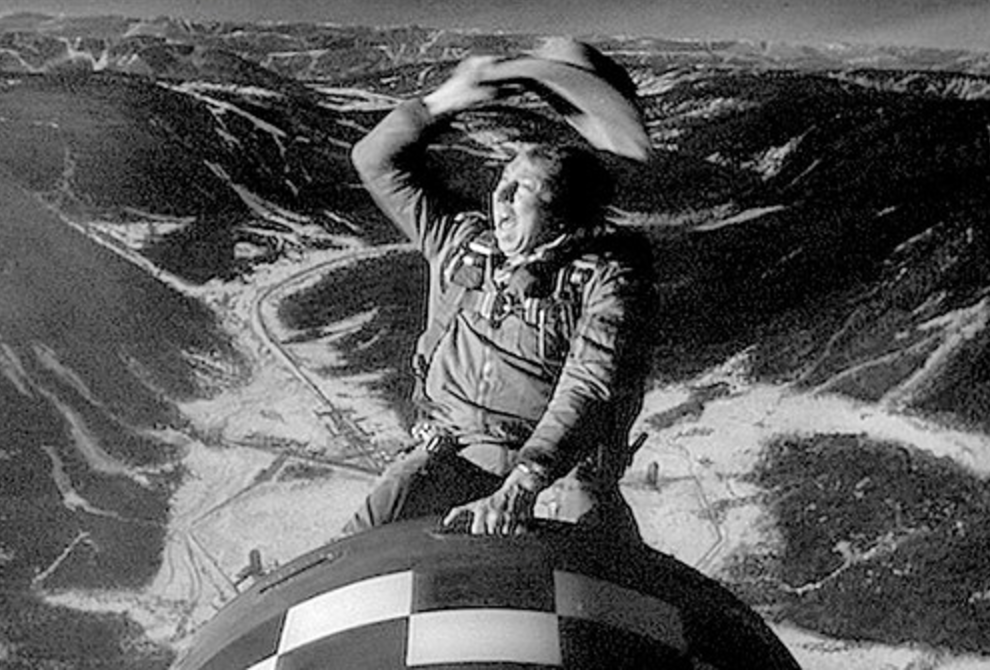
Lars Christensen and Alex Tabarrok have some interesting posts on the question of how the risk of nuclear war might impact the stock market. A few comments:
1. I basically agree with Alex’s post, but would frame it slightly differently. I think what he’s basically saying is that stock prices are relative prices. If there is an apocalypse that destroys everything, then it’s not obvious why the price of one asset would change relative to another asset. Alex discusses the issue in terms of whether people would want to sell stocks. I don’t like that framing because stocks don’t move because they are sold, rather because people begin to value them differently relative to the way they value other assets such as cash. But again, this is merely aesthetic preference, i agree with the substance of Alex’s post.
2. An action that creates a 0.1% risk of nuclear war (with 10 million deaths) within the next 12 months is an absolutely horrible event. Worse than 9/11 in terms of expected loss of life. Far worse if it’s an all out nuclear war with hundreds of millions killed. But of course it is still very unlikely to happen, and thus stocks would probably move by less than 0.1%, which is just statistical noise in a market where daily moves are usually much bigger. You wouldn’t even notice.
3. However, US stocks did seem to fall noticeably on the recent escalation of tensions with North Korea. East Asian stocks fell even more sharply. That may be because the risk is much higher than 0.1%, or perhaps more likely that the markets fear something else, a political crisis (just short of nuclear war) that severely damages the relationship between the US, Japan and China, hurting the global economy. One reason that uncertainty hurts equity markets is that dramatic events are more likely to be bad than good. If a crystal ball told you that something dramatic was likely to happen to your house in the next 12 hours, you’d expect something like a fire, not a random arrangement of atoms that miraculously came together to produce a new patio.
Some of these points may seem to conflict, so here’s my takeaway:
A. Don’t be reassured by small market reactions to risk of apocalypse. Even a small increase in risk of armageddon is a horrible thing. The world can take only so many of those small risks before the actual disaster occurs. If the Cuban Missile Crisis led to a 1% increase in the risk of nuclear war, then it was still one of the worst things to have happened in all of American history. We lucked out. So even if Lars is right about the Cuban Missile Crisis, the historians that claimed a nuclear war was “too close for comfort” might also have been right.
B. Market reactions to threat of nuclear war may be about something else—fear that the crisis could spiral into a new Cold War, which would badly hurt the global economy. No one killed, but a signficant decline in trade and living standards.

READER COMMENTS
Joe
Aug 13 2017 at 1:34pm
Yes, surely the obvious counterargument to “we shouldn’t expect increased risk of total economic collapse to lower stock prices” is: we should expect risk of total economic collapse to correlate with risk of partial economic collapse, which would lower stock prices.
Shane L
Aug 14 2017 at 6:21am
Markets may interpret the likely size of damage caused by a nuclear war with North Korea to be moderate, that is, not apocalyptic. Damage to the United States, South Korea and Japan could be serious but not disastrous, especially if China does not get involved. Presumably North Korea’s arsenal is not comparable with 1960s USSR.
Hence markets could react to crisis with North Korea as a war, not as Armageddon.
Andrew_FL
Aug 14 2017 at 10:04am
Except for all those events with death tolls greater than zero, sure.
Comments are closed.